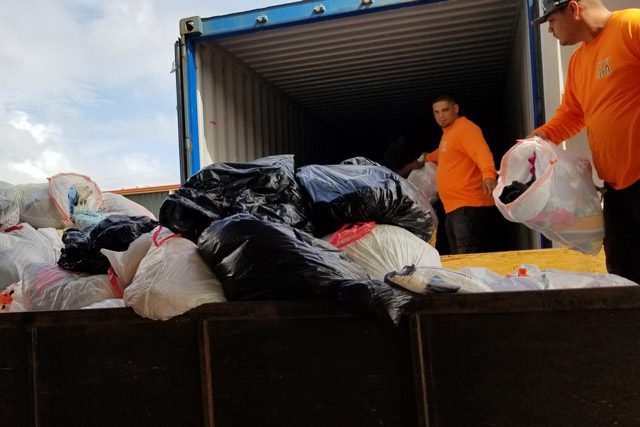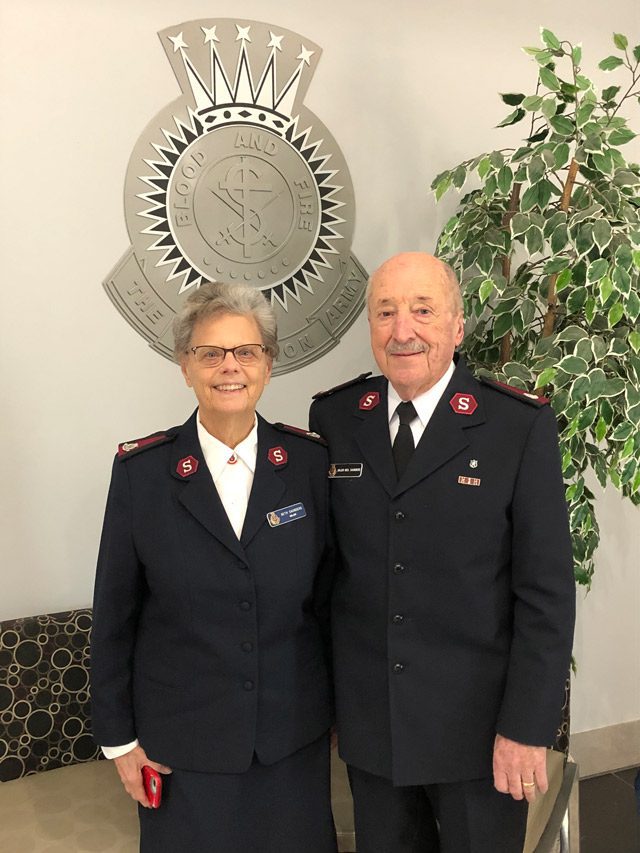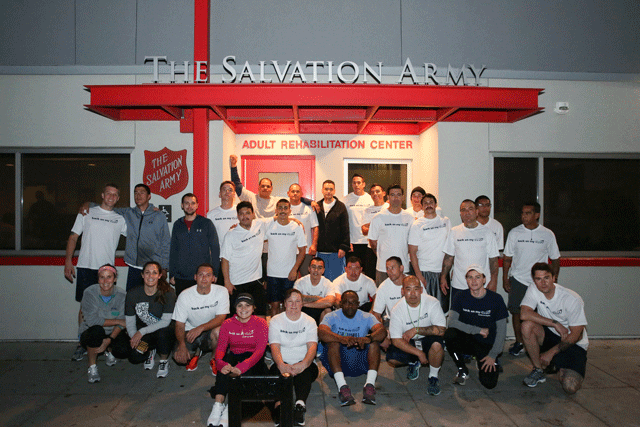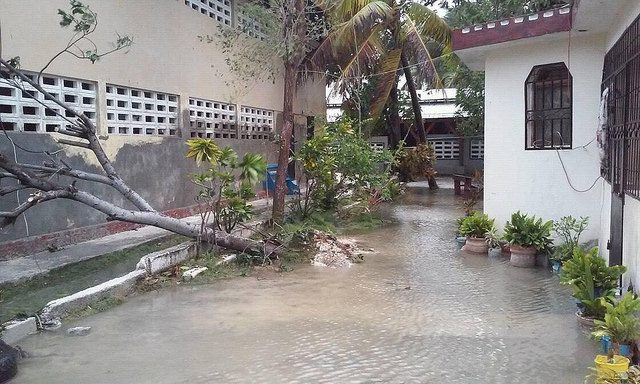Partnership promotes environment, rehab
Kauai had a problem: With only so much space for garbage, the Hawaiian island’s landfill was filling up. A major culprit of adding waste? The island’s thrift stores. Unsold items would end up in the trash, and the accumulation was leaving an environmental impact that was antithetical to the local deep respect for the land. Something had to change when it came to how the county government handled unsold thrift store donations.
Last year, The Salvation Army’s Honolulu Adult Rehabilitation Center (ARC) Director of Production David Chung got a call from the County of Kauai asking for help.
“We told the county that we try to use things the best that we can to the very end,” Chung said. “Our clothes are 100 percent sellable. They don’t end up in a landfill.”
Chung traveled to Kauai to get a grasp of the situation. He saw the biggest problem as clothing. Thrift stores couldn’t handle the intake from the public—they couldn’t sell the goods fast enough. The turned-down and unsold goods would then get thrown away.
The conversations between the County of Kauai and the ARC turned into a mutually beneficial partnership. Each month, Kauai fills a metal shipping container full of clothing and miscellaneous items destined for the landfill. It’s shipped via boat to Oahu, where the ARC processes the items.
“At the ARC, our biggest seller is clothing,” Chung said. “We can reach out and help the island of Kauai in a bigger picture. It’s helping another island.”
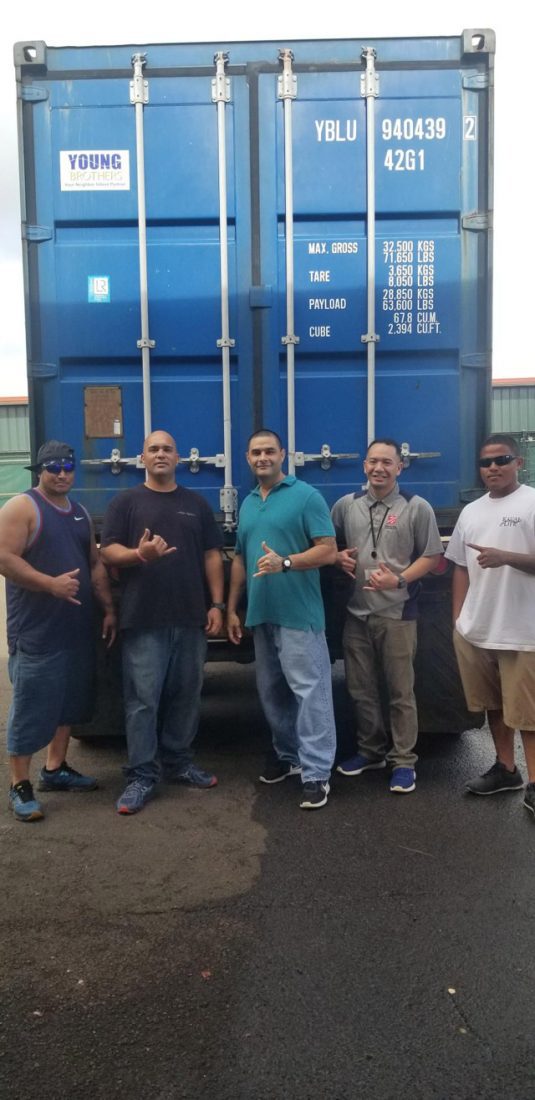
Unlike Kauai—where burning trash is illegal—the island of Oahu has the ability to burn trash, so even if clothing is not able to be sold in stores, auctioned at local swap meets or bailed and sold to developing countries as is the ARC’s process, it can be burned so as to not take up space in the landfill.
“The other islands don’t have those capabilities, they don’t have the ARC there,” said Honolulu ARC Administrator for Program Major Ronalee Fenrich, who was appointed to the ARC in October with her husband, Major Ronald Fenrich, while the reuse program was in the works.
“Here the people respect the land so much more than they do in the mainland and they wanted to come up with a workable solution,” she said. “For them, it’s about being ecologically responsible, but for us, yes, it’s that, but it’s so much more.”
After hearing about the Kauai partnership, other islands, including Maui and the Big Island of Hawaii, have reached out to the ARC to get involved. Chung anticipates these partnerships taking shape next year, after the Kauai partnership solidifies.
Staff from the ARC will travel to Kauai for a few days to supervise the packing of the shipping container and fine-tune the process, training ARC alumni who live on Kauai to take over the role.
“Oftentimes, The Salvation Army really has to go out and really sell ourselves to get people to want to partner with us,” Fenrich said. “This is one of those times when county government came to us. They are the ones who initiated it…This has really just been wonderful for us.”
When the first shipping container came to the ARC in January, it was full of clothing, and according to Chung, 80 percent of it was sellable. The delivery also aligned with the ARC’s sale weekend, a popular time for shoppers.
While increased products are beneficial to thrift store sales, the visibility the ARC receives helps get the word out about the ministry.
“I’m able to advertise what the ARC program is all about,” Chung, who is a graduate of the program, said. “The public just don’t know what the ARC is about…I’m able to share with them where the money goes…that’s the best part.”











